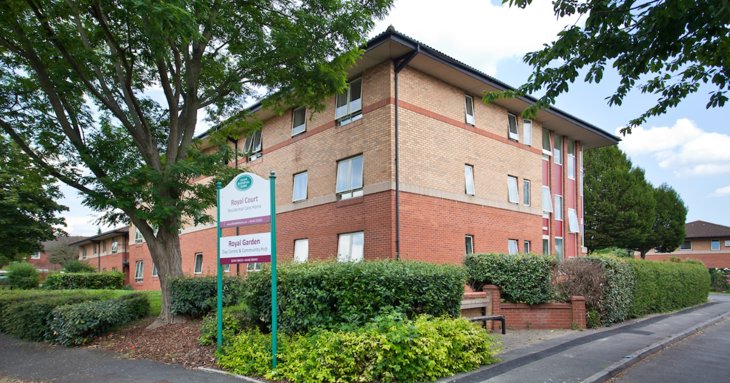When a loved one requires specialist dementia care, finding a home they can thrive in can be a daunting prospect, so when Jane faced this decision not just for her mum, but for her mother-in-law as well, she turned to Gloucestershire-based elderly care charity, Lilian Faithfull Care.
Specialising in day care, residential living, respite care, specialist dementia care and end-of-life care, the charity operates homes and day care hubs across the county - including Royal Court, which is comprised of self-contained apartments. SoGlos spoke to Jane, whose mum and mother-in-law both live at Royal Court, to discover what made it the perfect choice for both of her loved ones.
What prompted you to look for a care home for your mum?
Mum has dementia, poor eyesight and other complicated health issues. I spent two years getting a clear diagnosis whilst her health was deteriorating and she was forgetting medication. She was having falls in the garden and was a victim of rogue traders. She was vulnerable.
We had tried putting a lot of things in place like getting carers in and an alarm for her to wear but it was all refused. Something had to give. It culminated in a multi-agency meeting where it was decided that things need to change.
What options were you considering?
I didn’t want just a single room as mum was going from a big Victorian terraced house with a large garden. I knew Royal Court was the only place in Cheltenham which offered residents their own flat.
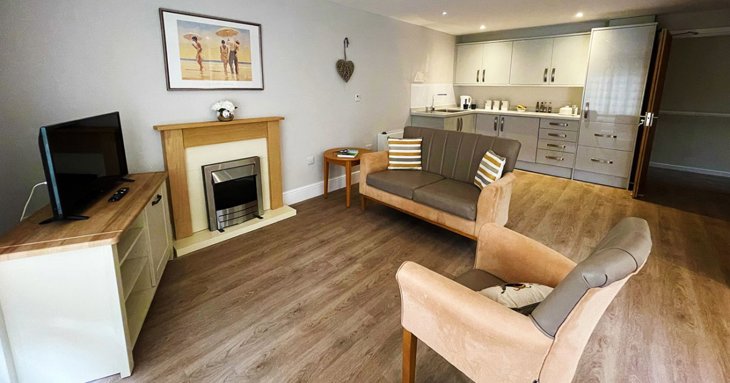
Was respite care one of the options you looked into?
We had used care homes twice for respite following operations but did not want to use them again. The first was unsuitable for mum, it was aesthetically pleasing, a boutique style place, but it was unsafe for her. The second was a shocker.
If I’d known Royal Court did respite she would have been in here.
Once you'd decided on Royal Court, what was the moving in process like?
Mum put up lots of barriers to moving into care, so there was compromise on both sides. We mobilised everyone, the whole family. We had a convoy of cars and we fit everything into her new flat – everything she was familiar with, we brought in.
We put her three china seagulls in the same position in the lounge to give her that familiarity and comfort. To be that accommodating, it was absolutely fantastic.
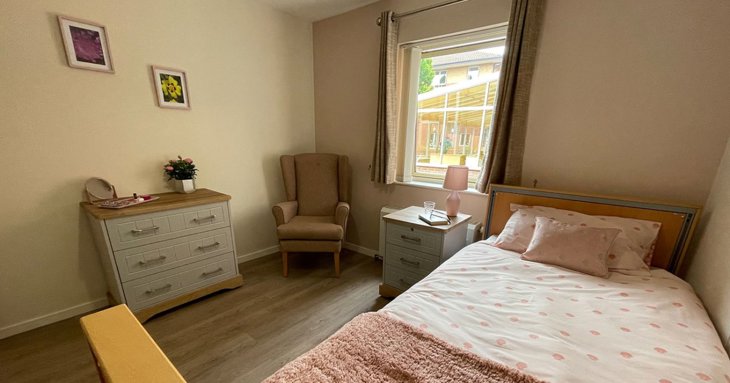
Your mother-in-law also lives at Royal Court. How did that come to be?
My mother-in-law moved in the following year as her dementia had worsened and she was wandering. We knew the layout and we knew it would be good. The transition was much easier for her - she was very accepting.
What was the most important factor in your mind when deciding on a care home?
My mum and mother-in-law both have dementia, so it’s about getting them both in a place where they feel a sense of contentment.
The more information you give the team, the more they can help settle them in. I was confident that I was working in partnership with professionals at the care home. There is really good listening and understanding and working with the family here.
As well as having their own space, what is life like at Royal Court? Are there lots of things for residents to get involved with?
The activities are good there; it’s not just tokenism, they are engaging with people. My mum joins in a lot, whereas my mother-in-law chooses not to.
I would say get involved where you can. My mother relates to the team, they are like an extra family. One member of staff even came in on her wedding day to see the residents, she absolutely loved that.
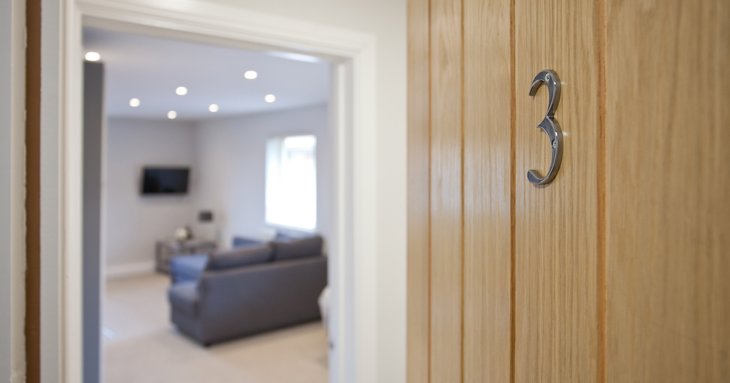
What advice would you give to people who have family members with dementia? Are there any simple things loved ones can do to make those interactions more meaningful?
People often tend to focus their conversations on the short term memory things like ‘how did you sleep’; ‘what did you have for lunch’; or ‘what have you done today?’
Instead, try to focus on a topic in the past, perhaps a holiday, a favourite place, a hobby or past job that they’ve enjoyed. Try and think of a few ideas before visiting so you can bring the conversation round.
If a loved one isn't coping so well, what advice would you give to anyone looking into care for them?
It’s being brave enough to say ‘enough’s enough’ and finding somewhere where your family member can be safe, secure, happy and in company.
Yes, you have guilt, but you need to break through this and, as a family, you need to work together. You’ve got to just dig in - if you don’t do something the consequences could be worse.
The relief was huge after my mum and mother-in-law moved to Royal Court. We didn’t have the worry about checking them at night, worrying if they didn’t answer the phone, or getting calls at 3am.
We have no regrets. It’s worked out for the better.
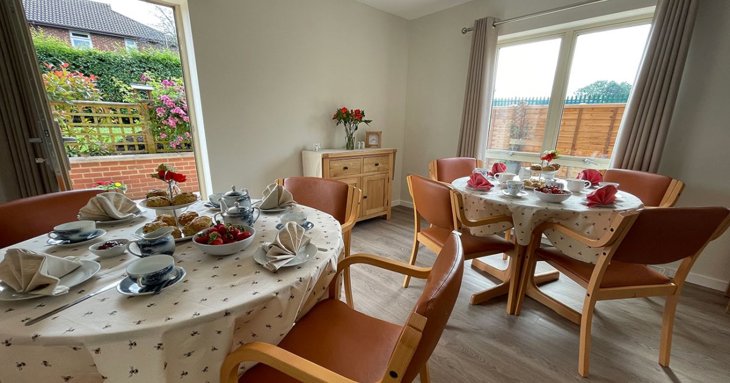
Would you recommend Royal Court to readers in a similar situation to yourself?
I wouldn’t hesitate to recommend Royal Court; having their own flats, it’s so rare. They have their own space.


